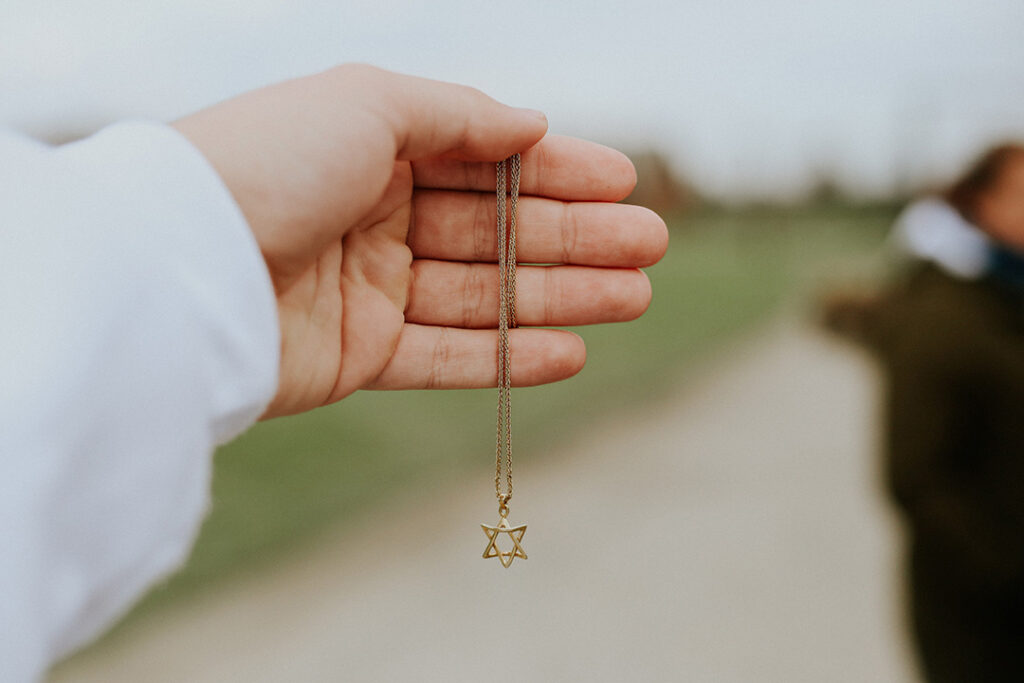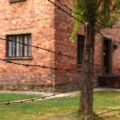Germany’s growing Jewish community
Germany’s growing Jewish community
Despite a traumatic history, Germany’s Jewish community is growing to be one of the largest in Europe. Read this article to find out more.
The Jewish communities of Germany have likely had the most traumatic history of any Jewish community in Europe. Under the Nazi regime, German Jews were ostracised from German society, treated as second-class citizens, and systematically deprived. In all, the Nazis and their collaborators killed between 160,000 and 180,000 German Jews in the Holocaust, including most of those Jews deported out of Germany.[1]
Therefore, it may surprise some to hear that The Conference of European Rabbis (henceforth referred to as CER), the primary Orthodox rabbinical alliance in Europe, has opened its new headquarters in Munich, Germany.[2] Following Brexit, the CER’s headquarters, which used to be in London, has moved to Munich thanks to $1.6 million in core German government funding for the Jewish group.[3]
Such funding is reflective of how hospitable Germany has become for Jews, the only European country with a rapidly increasing Jewish population[4] (currently standing at 118,000).[5] This article will detail the development of the German Jewish community from post-Holocaust to the present day, addressing some of the challenges the community has faced both historically and currently.
Post-Holocaust years
Following the end of the Holocaust in May 1945, about 15,000 German Jews were liberated by the Allied forces. Most of them had survived in hiding whilst others had survived in concentration camps. Many of those who remained in Germany had a non-Jewish spouse or parent who potentially helped in the recovery process. Many German Jews who were liberated from concentration camps had nowhere to go and ended up in Displaced Person camps.[6]
The efforts to rebuild the German Jewish community began straight after the war. By 1948, more than 100 Jewish communities had been founded across Germany. These communities were made up of either German-born Jews or displaced Jewish refugees who found themselves involuntarily in Germany. In July 1950, the disparate communities joined forces and established The Central Council of Jews in Germany.[7]
A divided Germany
In 1949, Germany was divided into two independent nations, the Federal Republic of Germany (West Germany) and the German Democratic Republic (East Germany). This divide had an impact on the German Jewish community which had been working to become less disparate in previous years.
The Jewish community in West Germany from the 1950s-1970s was characterised by being socially conservative and more private. Few younger adults decided to remain in West Germany, and many of those who did married non-Jews. In comparison, many of the political idealists were drawn to East Germany. Sociologist Irene Runge wrote that “nobody came to live as a Jew in East Germany — they wanted to live as communists… they [the communist leadership] repressed everything Jewish.”[8] On paper, there were only about 1,500 Jews registered with Jewish synagogues and communities in the 1950s in East Germany.
Anthony Kauders, history professor at Keele University, explained how in the 1980s and 1990s, a younger generation of German Jews that were more vocal in openly fighting for Jewish rights began to emerge. Significantly, following the dissolution of the Soviet Union in late 1991, almost 220,000 Jews from the former Soviet Union immigrated to a newly reunified Germany. This influx “invigorated a stagnating community and saved it from demographic collapse” and led to the building of synagogues and new schools.[9]
Antisemitism lives on
The 1990s were marked by positive shifts within the size and demographic of the German Jewish community. However, the past thirty or so years have also presented many challenges. Despite the unspeakable atrocities of the Holocaust, antisemitic sentiment has lived on in Germany. For example, a poll from 1947 found that more than one-third of all Germans felt that it was better for there to be no Jews in Germany.[10]
And these beliefs continue to have some standing today, perpetuated by political parties such as AfD. AfD is a far-right party that denies that it tolerates antisemitism, but some of its members have been implicated in expressions of Jew-hatred. In recent years, the party has been polling between 18%-20% in national surveys. AfD’s growing popularity coincides with the rise in antisemitic attacks in Germany. Recent research documented 2,480 antisemitic incidents nationwide in 2022.[11]
The future of Germany’s Jewish community
Despite challenges, the German Jewish community remains defiant and continues to grow. At the opening of CER’s new HQ, Charlotte Knobloch, the 90-year-old president of the Jewish Community in Munich and Holocaust survivor, made a speech. Knobloch said that when she emerged from hiding in 1945, “few could imagine any Jewish person would want to live.” But now, “the heart of European Jewry beats in Bavaria.”[12]
Moreover, Pinchas Goldschmidt, president of the Conference of European Rabbis, remarked how full circle this moment was: “Munich, a place with a tragic history, today shows a flourishing Jewish life. This development is proof that anti-Semitism will not succeed.” Whilst the German Jewish community is likely to continue to face difficulties, there is still a thriving, growing Jewish life in Germany today.
Want to learn more about similar topics? Go to the EARS Dashboard.
Sources
[1] German Jews during the Holocaust, 1939–1945
[2] Brexit forces European rabbinical group to decamp for Munich | The Times of Israel
[3] Orthodox European rabbinical group finds a home in Munich, with new funding | The Times of Israel
[4] How German Jews rebuilt after the Holocaust – DW – 02/21/2021
[5] How many Jews live in Germany? | JPR
[6] Liberation, 1944-1945 – The Holocaust Explained
[7] How German Jews rebuilt after the Holocaust – DW – 02/21/2021
[8] How German Jews rebuilt after the Holocaust – DW – 02/21/2021
[9] How German Jews rebuilt after the Holocaust – DW – 02/21/2021
[10] How German Jews rebuilt after the Holocaust – DW – 02/21/2021
[11] Orthodox European rabbinical group finds a home in Munich, with new funding | The Times of Israel
[12] Orthodox European rabbinical group finds a home in Munich, with new funding | The Times of Israel






